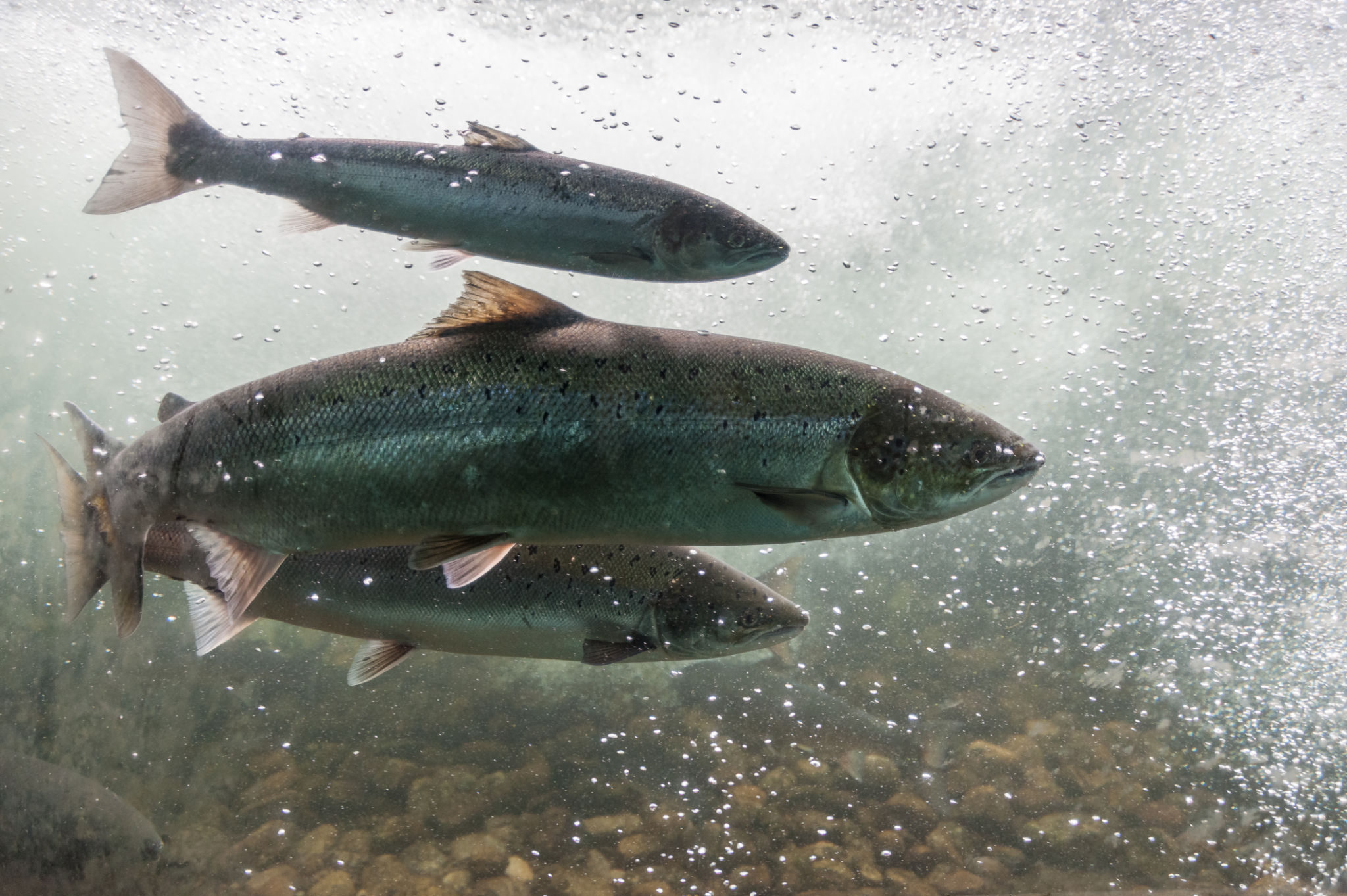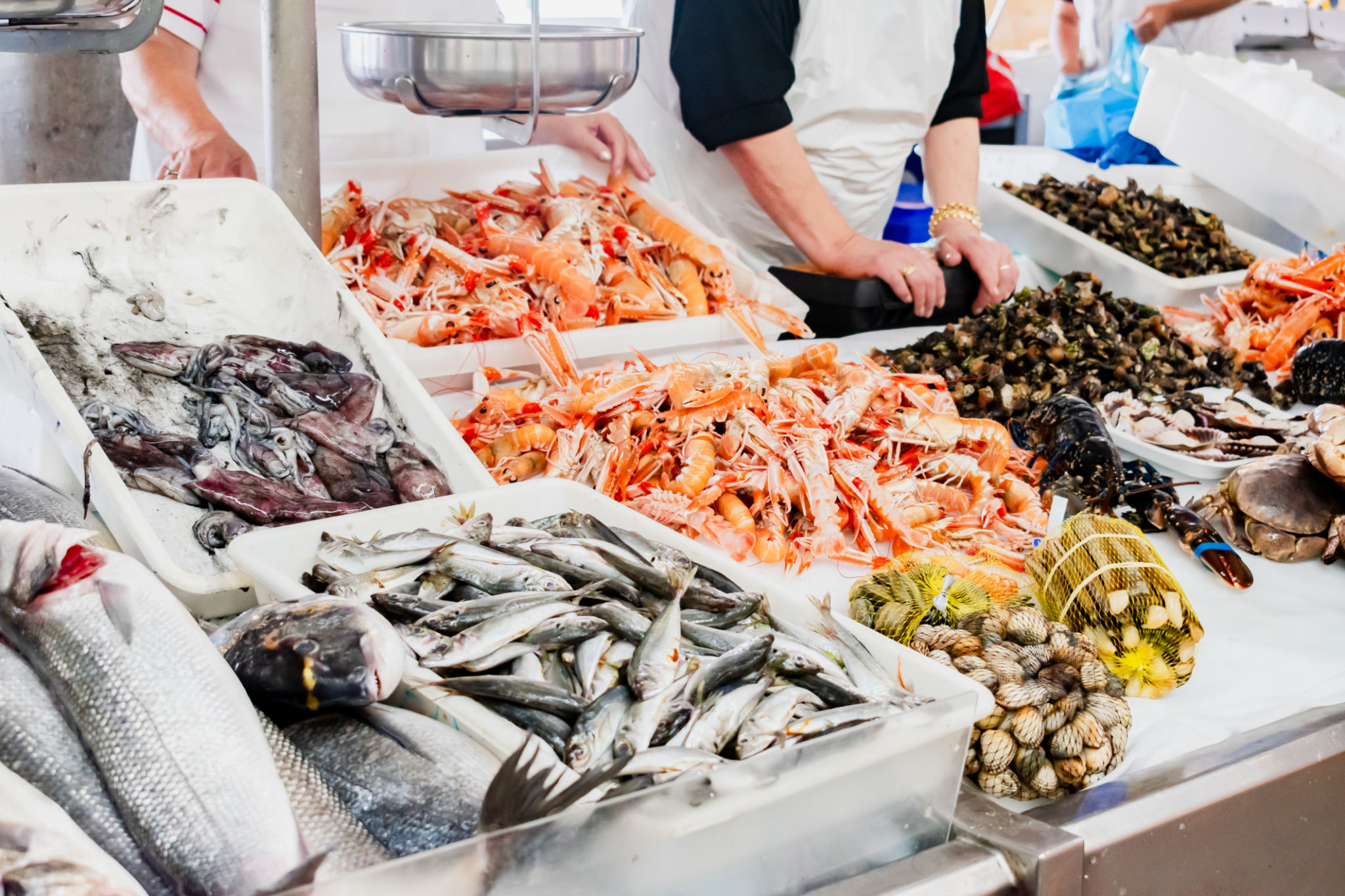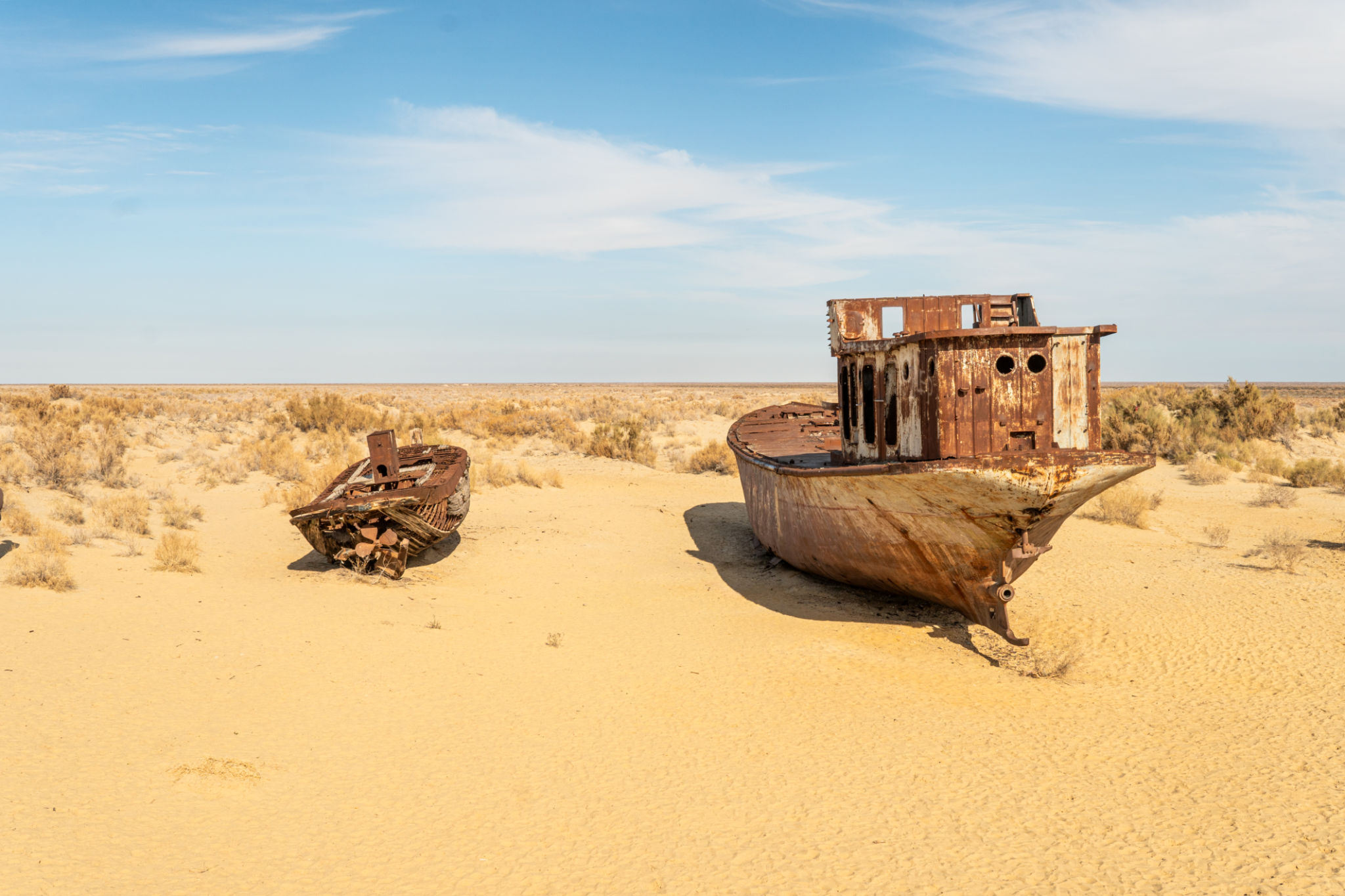The Latest Fishing Industry Trends You Need to Know
Technological Innovations in Fishing
The fishing industry has seen a significant transformation over recent years, primarily driven by technological advancements. From sophisticated sonar systems to advanced GPS tracking, modern technology is enabling fishermen to locate and catch fish more efficiently than ever before. These innovations not only enhance productivity but also contribute to sustainable fishing practices by minimizing bycatch and reducing the environmental impact.
One of the most exciting developments is the use of drones for aerial surveys. Drones are now being employed to monitor fish populations and assess marine environments, providing valuable data that help in the conservation of marine biodiversity. As technology continues to evolve, the potential applications within the fishing industry are virtually limitless.

Sustainability and Eco-Friendly Practices
As awareness of environmental issues continues to grow, the fishing industry is under increasing pressure to adopt more sustainable practices. This shift is evident in the rise of eco-friendly fishing gear and methods designed to minimize harm to marine ecosystems. From biodegradable nets to selective fishing techniques, these innovations are helping to preserve fish populations for future generations.
Furthermore, there is a growing trend towards aquaculture, or fish farming, as a sustainable alternative to traditional fishing. Aquaculture not only helps meet the global demand for seafood but also reduces the strain on wild fish stocks. By embracing these sustainable practices, the fishing industry is taking significant steps towards a more environmentally responsible future.

Market Trends and Consumer Preferences
Consumer preferences are also shaping the fishing industry, with a noticeable shift towards ethically sourced and sustainably caught seafood. There's an increasing demand for transparency in supply chains, with consumers wanting to know the origins of their seafood and the environmental impact of its production.
This trend has led to the popularity of certifications like the Marine Stewardship Council (MSC) label, which assures customers that the seafood they purchase is sustainably sourced. Retailers and restaurants are responding to this demand by offering more certified products and promoting their commitment to sustainability.

Policy Changes and Regulatory Developments
Regulatory bodies around the world are implementing new policies aimed at promoting sustainable fishing practices. These include stricter quotas on fish catches, closed seasons to allow fish populations to replenish, and measures to combat illegal, unreported, and unregulated (IUU) fishing.
Such policies are essential for ensuring the long-term viability of fish stocks and marine ecosystems. They also provide a framework for international cooperation in managing shared resources, which is crucial given the migratory nature of many fish species.
Impact of Climate Change
Climate change is having profound effects on marine environments and fish populations. Rising ocean temperatures and acidification are altering habitats and impacting the distribution of fish species. As a result, fishermen are being forced to adapt to these changes by adjusting their fishing locations and methods.
To address these challenges, ongoing research is vital in understanding the full extent of climate change impacts on marine life. By staying informed and adapting accordingly, the fishing industry can mitigate some of these effects and continue to thrive in a changing world.

The Future of the Fishing Industry
The future of the fishing industry looks promising, with many opportunities arising from technological advancements, sustainability initiatives, and evolving consumer preferences. By embracing these trends, the industry is well-positioned to continue its growth while safeguarding marine ecosystems for future generations.
For those involved in or entering the fishing industry, staying informed about these trends is crucial. By doing so, they can make informed decisions that align with both business objectives and environmental responsibilities.
